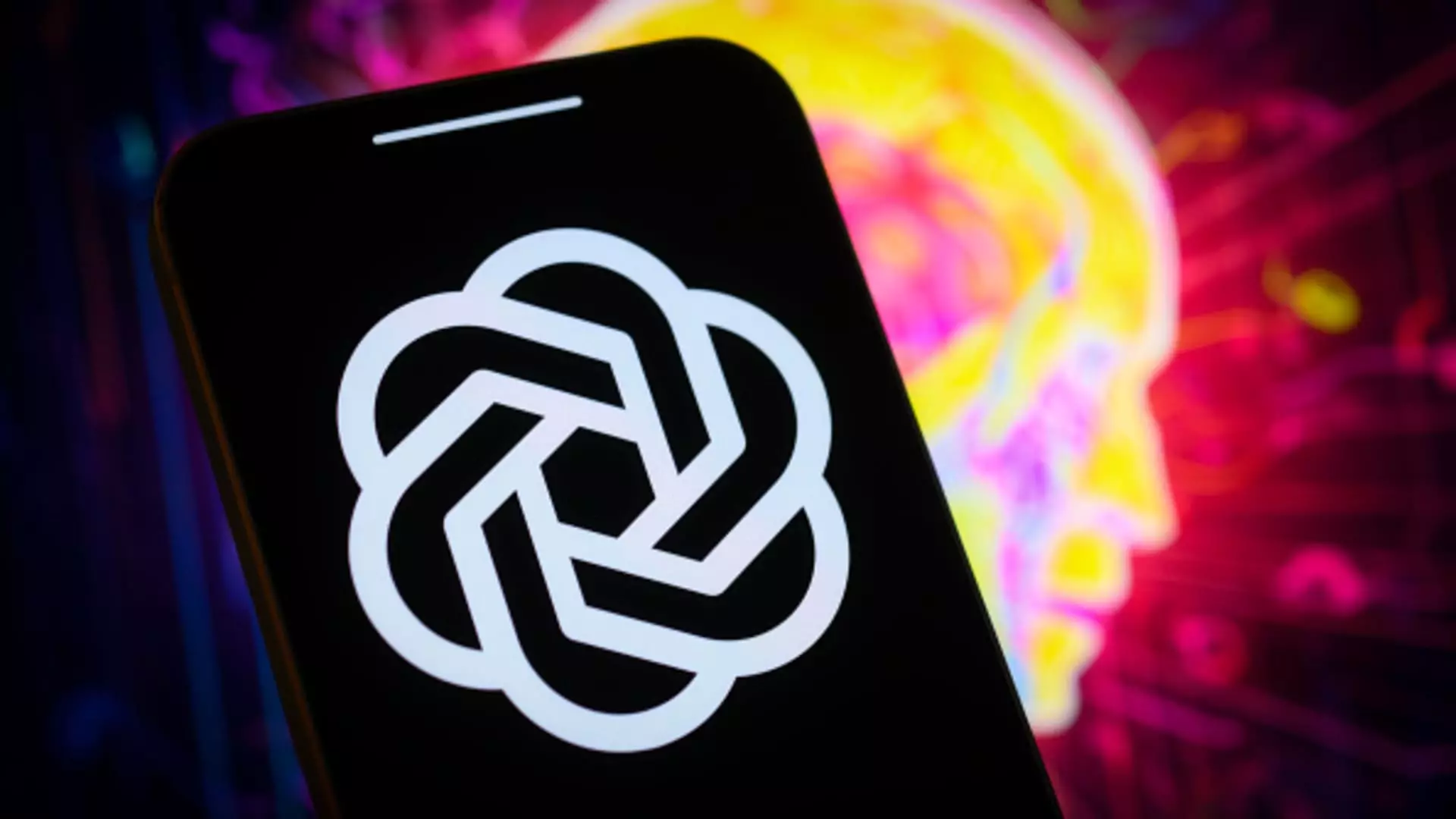In an exciting development within the technology sector, Caitlin “CK” Kalinowski, former head of Meta’s Orion augmented reality glasses project, has taken on a pivotal role at OpenAI. Announced on her social media platforms, Kalinowski’s new position focuses primarily on spearheading the organization’s robotics initiatives and consumer hardware ventures. With her extensive background in hardware development, this leadership transition signifies OpenAI’s clear intent to transcend its initial identity as a software-centric enterprise, especially well-known for its conversational AI, ChatGPT.
Kalinowski expresses her commitment to marrying artificial intelligence with physical capabilities, emphasizing the necessity of bringing these technologies into tangible scenarios to benefit humanity. This vision aligns closely with OpenAI’s broader objectives, indicating a strategic pivot toward integrating AI more comprehensively across various sectors, including retail, manufacturing, and everyday consumer products.
OpenAI’s decision to enlist Kalinowski underlines its ambition to diversify its portfolio beyond software. The organization has been making headlines recently for its investments and technological developments, highlighting a notable interest in tangible hardware. Likewise, the involvement of notable figures, such as former Apple designer Jony Ive, in collaboration with OpenAI further underscores a desire to innovate in the AI hardware space. The echo of Apple’s design philosophy, combined with OpenAI’s cutting-edge technology, could yield revolutionary products that marry sleek aesthetics with powerful functionality.
The timing of these announcements is equally significant, coinciding with OpenAI’s substantial investment of $400 million into Physical Intelligence, a company that focuses on integrating AI into robotics. The funding elevates Physical Intelligence to a valuation of $2.4 billion, showcasing the immense financial backing and confidence behind the move. This venture marks just one of several strategic efforts by OpenAI to pioneer advancements in robotics, laying the groundwork for a future predominantly governed by intelligent machines that enhance human capabilities.
Kalinowski brings a wealth of experience to her new role, having spent over two years at Meta leading the ambitious Orion project, which was heralded as the future of augmented reality. Her tenure at Meta is complemented by a significant history at Oculus and Apple, where she played a crucial role in the development of key hardware products. This cumulative experience offers her a unique perspective that blends innovative design with practical functionality—an asset that OpenAI will undoubtedly harness as it embarks on its hardware journey.
Her leadership could potentially reshape OpenAI’s trajectory, steering it toward impactful innovations in robotics and consumer hardware that resonate with everyday users. As the boundary between AI software and physical applications continues to blur, the visionary direction set by Kalinowski may not only put OpenAI on the forefront of AI hardware development but also redefine how consumers interact with intelligent technologies in daily life.
The implications of Kalinowski’s new role at OpenAI are vast, marking a potential upturn in the narrative arc of AI and consumer hardware integration. The convergence of AI software capabilities with hardware development heralds exciting possibilities for future innovations. As these developments unfold, stakeholders in technology, business, and beyond will be watching keenly to see how OpenAI leverages its growing expertise in robotics to forge a new path in the tech landscape. The coming months and years are poised to be instrumental in reshaping the relationship between humanity and technology, paving the way for advancements that could dramatically alter reality as we know it.

